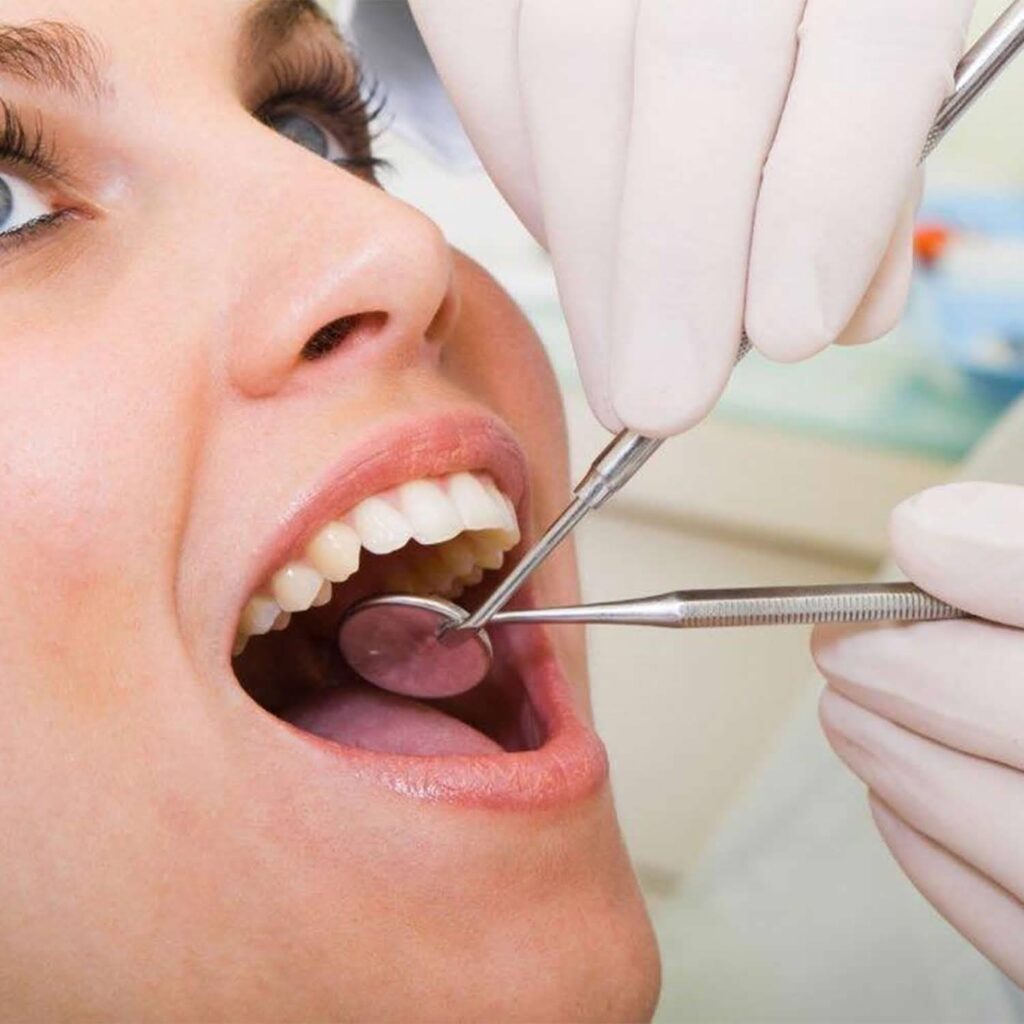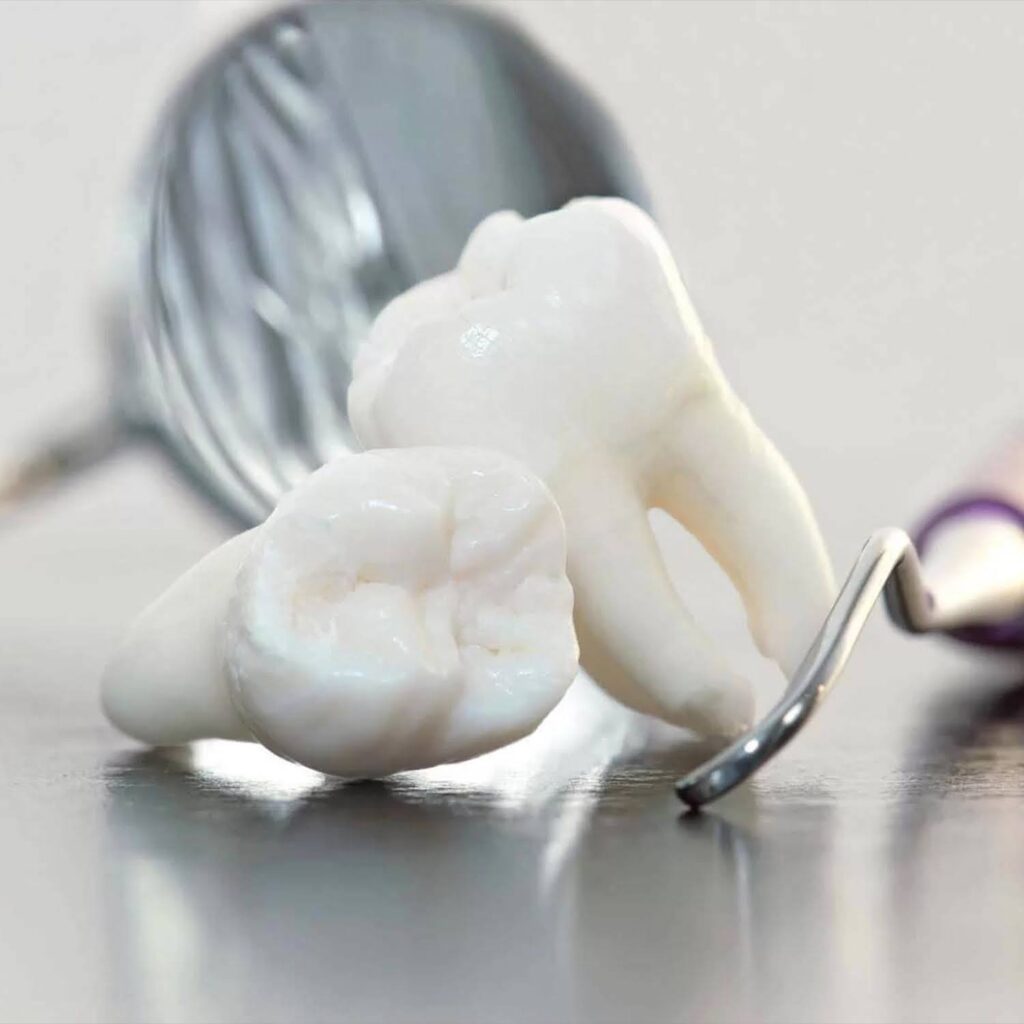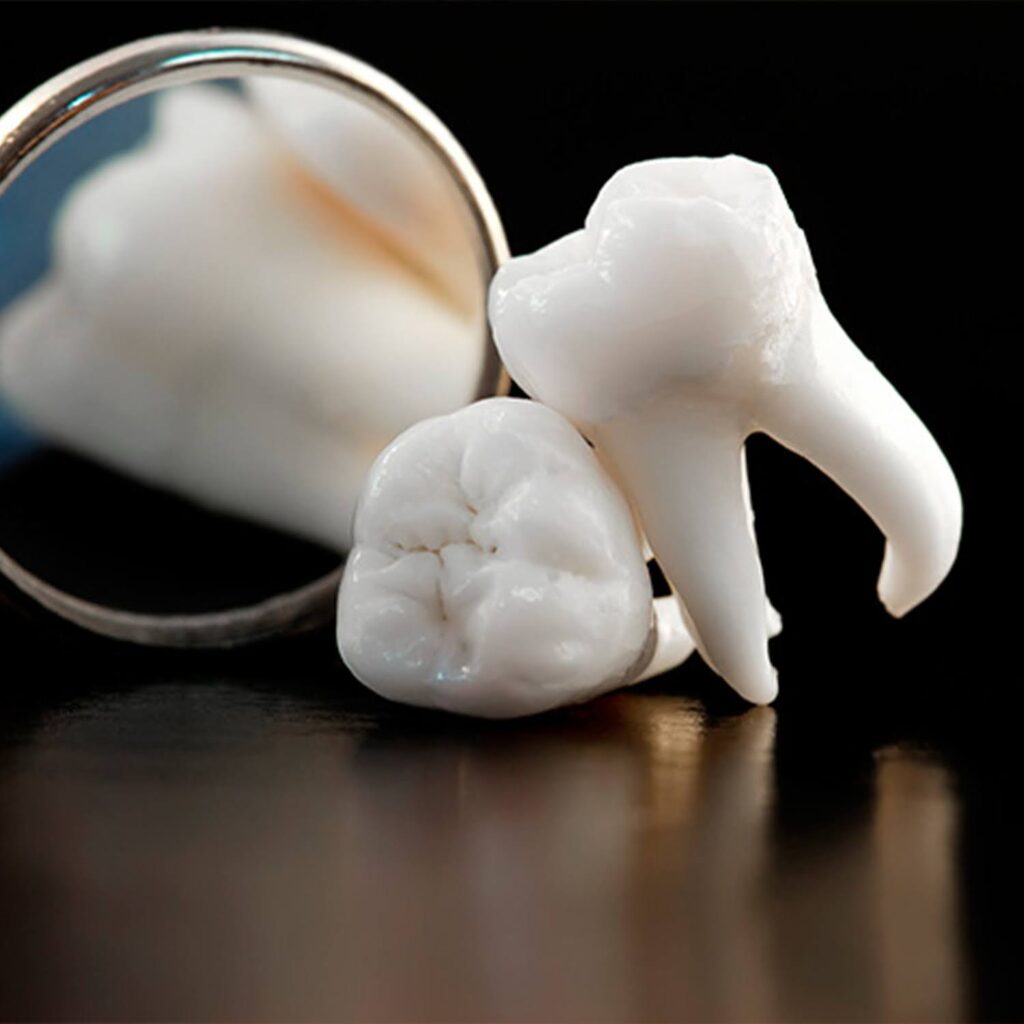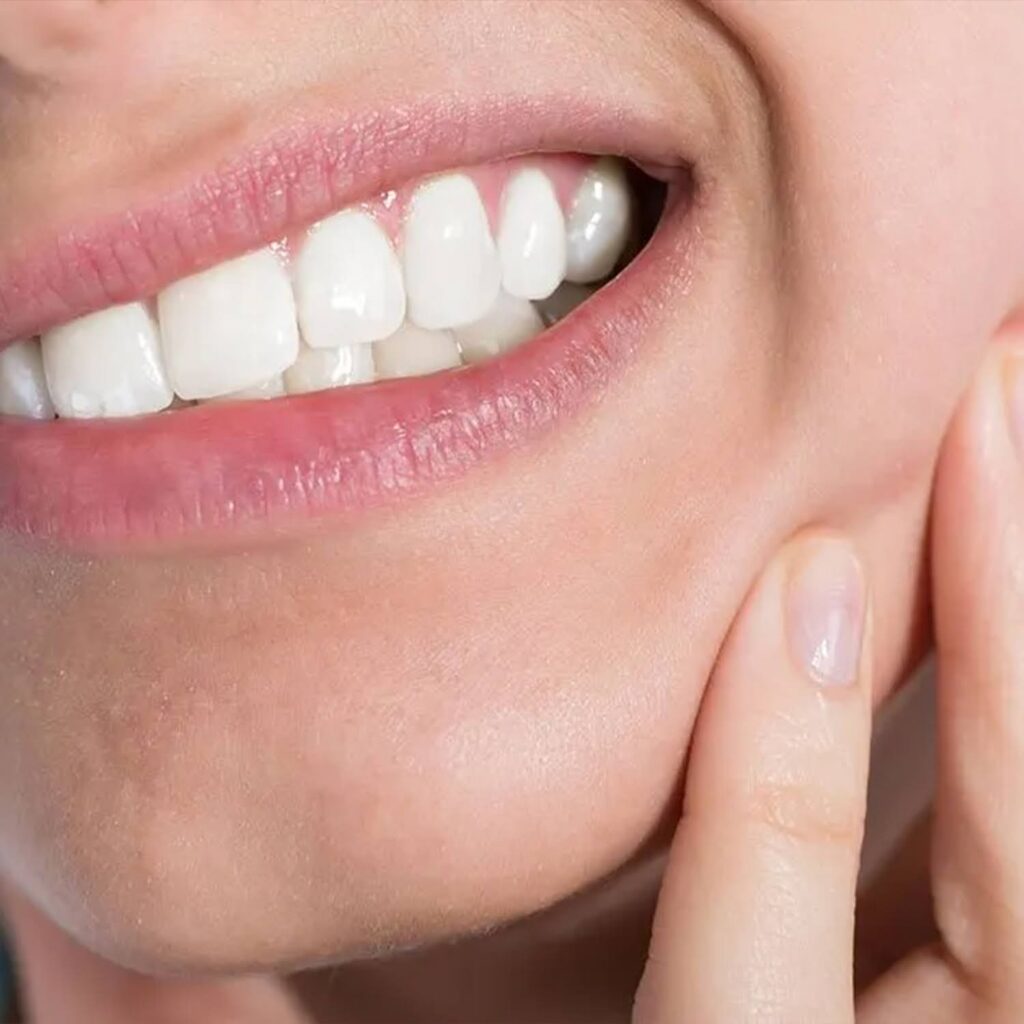
Introduction
Wisdom teeth are the final set of molars that generally emerge in the late teenage years or early twenties. They are located at the back of the mouth, and for many, they can cause pain or discomfort. However, not everyone faces issues with these teeth. So, how can you tell if you need to remove them or just leave them alone? In this article, we’ll look at the benefits and drawbacks of getting your wisdom teeth removed to help you decide what’s best for you.
Summary
1. Understanding Wisdom Teeth: Why Do We Have Them?
2. The Pros of Wisdom Teeth Removal: Why It Might Be the Right Choice
3. The Cons of Wisdom Teeth Removal: Weighing the Risks
4. The Non-Surgical Alternative: Monitoring and Maintenance
5. Aftercare: Healing and Recovery Tips
6. To Extract or Not to Extract: How to Make the Right Decision
7. To Extract or Not to Extract: How to Make the Right Decision
1. Understanding Wisdom Teeth: Why Do We Have Them?

They were important for our ancestors, who had larger jaws and needed more chewing power for a diet that included tough plant material like roots and leaves. But as human jaws have gotten smaller over time, these extra teeth may no longer be necessary. Nowadays, many people don’t have sufficient space in their mouths for these teeth. When there isn’t enough room, it can cause problems like impaction, infection, or other dental issues.
2. When to Remove Wisdom Teeth: Signs You Need to Act

While not everyone will need to have their wisdom teeth removed, there are some signs that may indicate it’s time to take action. If you experience any of the following symptoms, you may want to consult with your dentist or oral surgeon:
- Pain or Tenderness: If your wisdom teeth are causing pain, whether from eruption or infection, it’s a clear sign that removal may be necessary.
- Swelling and Infection: Infected wisdom teeth can cause swelling, redness, or discharge. These are serious symptoms that require attention.
- Cavities and Tooth Decay: Wisdom teeth are difficult to clean, which can lead to cavities or decay. If they are causing dental problems, removal might be the best solution.
- Impaction: Sometimes, wisdom teeth become impacted, meaning they don’t emerge fully from the gum. This can lead to intense pain and may even affect the surrounding teeth.
If any of these signs apply to you, it’s essential to see a dentist who can assess the situation and recommend the best course of action.
3. The Pros of Wisdom Teeth Removal: Why It Might Be the Right Choice

There are several reasons why you might want to have your wisdom teeth removed. Recognizing the benefits can assist you in making a well-informed choice.
- Preventing Future Dental Issues: Removing wisdom teeth early can prevent a host of problems like tooth decay, gum disease, and overcrowding.
- Relieving Pain: If your wisdom teeth are causing pain, removal can provide immediate relief. It can help prevent ongoing discomfort as well.
- Avoiding Impaction: Impacted wisdom teeth can lead to severe complications like infections or damage to nearby teeth. Extraction can eliminate these risks.
In many cases, removing wisdom teeth before they cause significant damage is a wise choice for long-term dental health.
4. The Cons of Wisdom Teeth Removal: Weighing the Risks

While there are many advantages to removing wisdom teeth, there are also some risks and downsides to consider:
- Surgical Risks: As with any surgery, removing wisdom teeth involves risks like infection, nerve damage, or complications with anesthesia.
- Recovery Time: Recovery from wisdom tooth removal can take time. Post-surgery, it’s common to have swelling, bruising, and some pain that may last for a few days
- Cost: Wisdom tooth removal can be expensive, especially if it requires surgery or is done under general anesthesia.
It’s important to weigh these risks carefully. While the surgery is generally safe, it’s essential to understand the potential challenges involved.
5. The Non-Surgical Alternative: Monitoring and Maintenance

Removal of wisdom teeth isn’t necessary for everyone. For some people, just keeping an eye on the teeth and maintaining good oral hygiene is enough. Regular visits to the dentist can help make sure your wisdom teeth stay healthy and don’t cause issues later.
In certain cases, your dentist might suggest a wait-and-see approach, especially if there are no signs of problems right now. If any issues do come up later, they can be dealt with quickly.
6. Aftercare: Healing and Recovery Tips

Once your wisdom teeth have been removed, it’s crucial to follow proper aftercare instructions to ensure a quick and comfortable recovery:
- Rest: Relax for the first few days following the surgery and avoid strenuous activities to give your body time to heal.
- Pain Management: Use prescribed pain medication or over-the-counter pain relievers to manage discomfort. Ice packs can help reduce swelling.
- Oral Hygiene: Carefully rinse your mouth with saltwater to help keep the extraction area clean. Avoid brushing directly on the wound for a few days.
While healing may take a few weeks, most people find that their pain and swelling subside within a few days to a week.
7. To Extract or Not to Extract: How to Make the Right Decision

Choosing whether to have your wisdom teeth removed is a decision that should be made together with your dentist or oral surgeon. While there are clear benefits to removal, especially if your wisdom teeth are causing issues, there are also risks and challenges involved.
In the end, the decision should depend on your individual circumstances. If your wisdom teeth are healthy, fully erupted, and not causing any problems, you may be able to keep them.
However, if they are causing pain, infection, or other issues, removal may be the best option to protect your oral health in the long run.
FAQs
Q.1. What age should wisdom teeth be removed?
A.1. It’s generally recommended to remove wisdom teeth in your late teens or early twenties, before the roots fully develop and the teeth become more difficult to extract.
Q.2. Is wisdom tooth removal painful?
A.2. Most people experience minimal pain during the procedure due to anesthesia. Post-surgery pain can be managed with medication and typically lasts a few days.
Q.3. Can wisdom teeth grow back after removal?
A.3. After wisdom teeth are extracted, they do not regrow. The extraction is permanent.
Q.4. How long does recovery from wisdom tooth removal take?
A.4. Recovery typically takes 1 to 2 weeks, with most people feeling better within a few days. Full healing can take several months.
Q.5. Is it necessary to remove all four wisdom teeth? A.5. Not necessarily. If one or two wisdom teeth are causing problems, only those teeth may need to be removed. Your dentist will evaluate the situation.
Conclusion
In the end, the question of “Wisdom Teeth: To Remove or Not to Remove” depends on your personal dental health. While wisdom teeth removal can prevent future problems, it’s not a decision that should be rushed. Consulting with your dentist and understanding the potential risks and benefits will help you make an informed choice that aligns with your overall oral health goals.
Whether you opt to keep or remove your wisdom teeth, the most important thing is to maintain regular check-ups and ensure your teeth are healthy. Your dentist will be there to guide you through each step of the process, ensuring the best outcome for your dental care.









